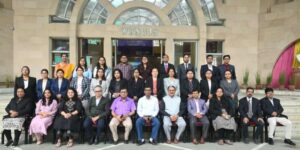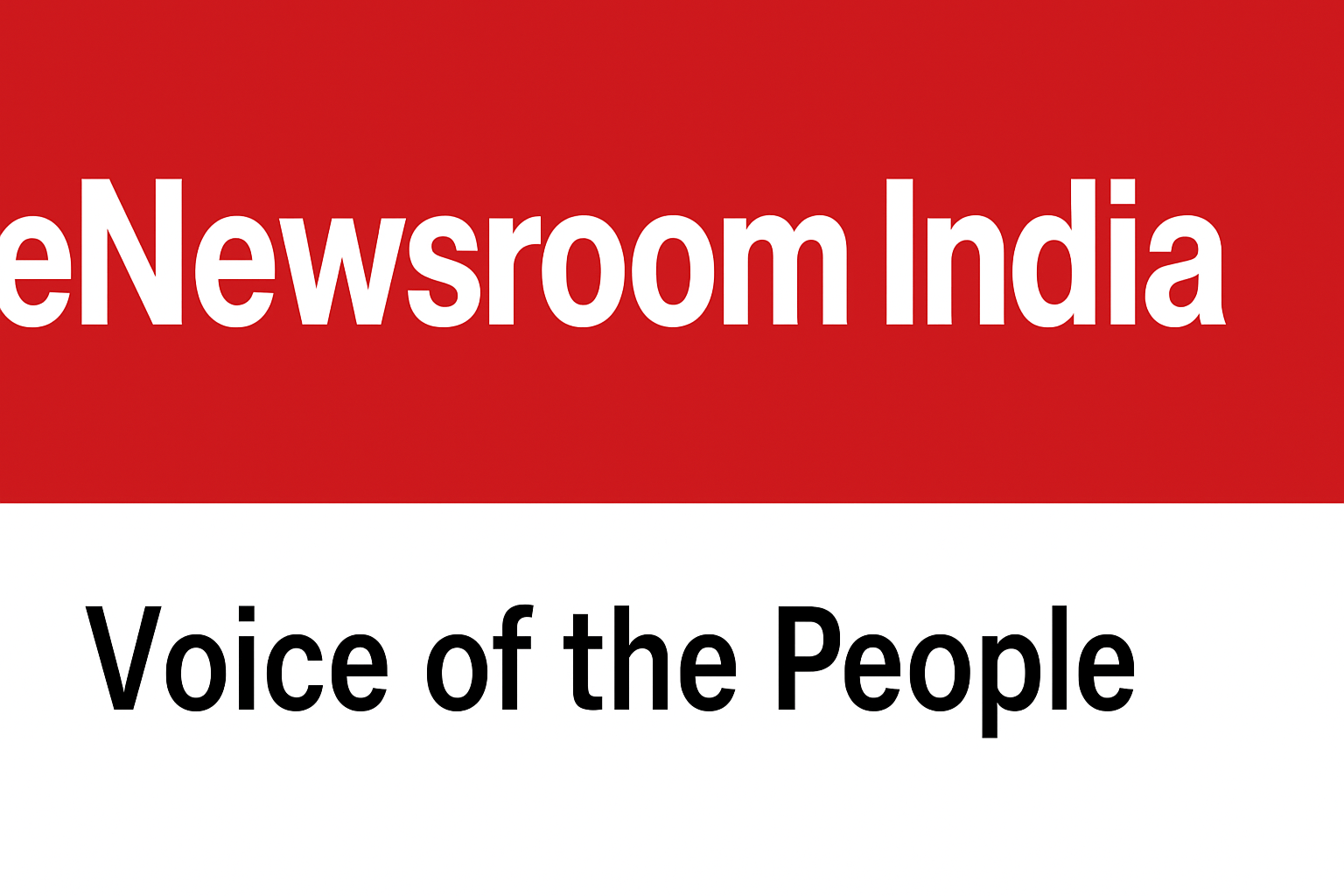Kolkata: The final phase of a five-week programme to train more than 200 paralegal volunteers (PLVs) across West Bengal began on August 30, 2025. The project, “Strengthening Legal Awareness and Assistance through Capacity Building of Paralegal Volunteers,” is a joint initiative of the Legal Aid Society, West Bengal National University of Juridical Sciences (WBNUJS), the State Legal Services Authority (SLSA), and the United Nations Development Programme (UNDP).
Structured as an intensive bilingual series, the training was delivered over five weekends, with each batch comprising around 40 participants. In the concluding batch, 47 PLVs joined from Purulia, Bankura, Hooghly, Howrah, North and South 24 Parganas, and Kolkata. The curriculum covered eight key thematic areas: constitutional rights, criminal justice reforms, cybercrime, gender justice, juvenile justice, victim compensation, mental health laws, and welfare entitlements. Sessions were interactive, featuring case studies, role plays, and scenario-based learning to enhance practical skills and deepen grassroots legal understanding.
The inaugural ceremony of the first phase was presided over by Justice Soumen Sen, Judge of the Calcutta High Court, as Chief Guest, and Prof (Dr) NK Chakrabarti, Vice-Chancellor of WBNUJS, as Chief Patron. Commending the initiative, Justice Sen said, “PLVs are the frontline of constitutional justice. They must be fully familiar with relevant statutes to ensure that no citizen is left without legal protection.”
PLVs as the Frontline of Justice
Prof Chakrabarti reaffirmed WBNUJS’s commitment to legal empowerment through community engagement. “Justice is not just about laws and courts. It becomes real only when people have the capability to access them,” he observed. S Arnab Ghoshal, Member Secretary of SLSA West Bengal, described PLVs as vital intermediaries between institutions and communities: “They are instrumental in extending legal aid to marginalized groups who cannot navigate the system on their own.”
The programme has been conceptualized and led by Prof (Dr) Sarfaraz Ahmed Khan, Project Director, with support from project assistants Sneha Maji and Sonam Basu. Nusrat Khan, UNDP specialist, played a key role in bringing all three partners together. WBNUJS faculty members Prof (Dr) Sanjit Kumar Chakraborty, Dr Surja Kanta Baladhikari, Arjita Mukherjee, and Debdeep Das, along with senior SLSA officials Poona Singhi, Sri Dibyendu Nath, and Probation-cum-After Care Officer Manoj Kumar Roy, served as resource persons.

The training modules, aligned with NALSA’s 2013 revised scheme for PLVs, incorporated recent reforms under the Bharatiya Nyaya Sanhita (BNS), Bharatiya Nagarik Suraksha Sanhita (BNSS), and Bharatiya Sakshya Adhiniyam (BSA), modernizing India’s criminal justice framework. Designed with equity and gender sensitivity, the curriculum included local illustrations and problem-solving exercises tailored for assisting Dalits, Adivasis, transgender persons, women, children, migrants, and other vulnerable groups.
Monitoring and evaluation, supported by UNDP, involved mid-course feedback, group assignments, and final impact analysis to track knowledge acquisition and readiness for fieldwork. Beyond classroom training, PLVs are expected to support legal awareness drives, alternative dispute resolution (ADR), and community-level interventions. They will also guide citizens in navigating schemes such as NALSA’s SAMVAD 2025, Legal Services for Disaster Victims, and victim compensation programmes.
Beyond Training: Building Grassroots Legal Support
Under the Legal Services Authorities Act, 1987, PLVs play a crucial role in village legal care centers, police stations, and front offices, helping illiterate or disadvantaged persons draft applications, secure free legal aid, and resolve disputes outside court. Professor Khan emphasized the broader vision of the initiative: “This is a historic step toward making justice not just a principle, but a lived reality for people at the grassroots.”
In addition to the five-phase PLV training, a one-day programme titled “Strengthening Legal Awareness & Aid through Capacity Building of Legal Services Authorities Functionaries in West Bengal” was held on August 22, 2025. Nearly 20 District Legal Services Authority (DLSA) Secretaries attended, sharing insights and strengthening institutional capacities. This session was also inaugurated by Justice https://srisabaripackersandmovers.com/contact-us/ Soumen Sen and received an enthusiastic response. Certificates were distributed by Nusrat Khan of UNDP.
The joint effort of WBNUJS, SLSA, and UNDP has already been lauded for its collaborative approach. All three institutions have expressed interest in developing long-term partnerships and replicating this structured capacity-building model across districts in West Bengal to expand and strengthen the state’s legal aid network.


